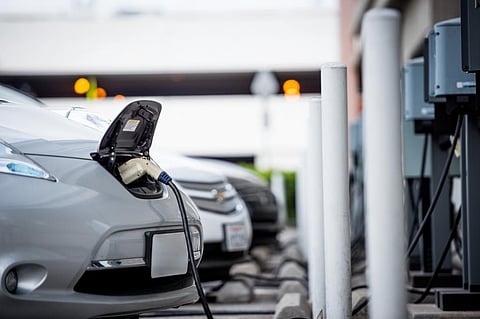Hit-&-miss: EV sector gets support in Budget 2023-24, but misses out on long-term vision
Union Finance Minister Nirmala Sitharaman presented the Union Budget 2023-2024 to the Parliament February 1, 2023. The electric vehicle sector received a boost, but the Budget is lacking the long-term vision to support it.
The FM announced doubling the Faster Adoption and Manufacturing of Hybrid and Electric Vehicles (FAME) scheme II budget and extension of concessional duty for EV batteries.
Customs duty on lithium-ion batteries has been reduced from 21 per cent to 13 per cent, a move that will support EV battery cell manufacturers as part of a larger plan to produce EV battery cells in India.
The government announced a production-linked incentive scheme for EV battery cell manufacturers in May 2021, aimed at producing them in India so that they could be cheaper and easily accessible to OEMs in India.
While the Budget has doubled subsidy funds to continue supporting demand creation, the issue of high Goods and Services Tax (GST) on EV spare parts is yet to be addressed. While EVs enjoy GST rate of 5 per cent, EV spare parts (excluding batteries) are levied 28 per cent surcharge.
Doubling the funds allocated under the FAME II scheme is a highly welcome move and it is evident that the EV market in India requires much more time to mature. Thus, the one-year extension of subsidy will be insufficient to build scale — Indian EV industry will require longer-term support.
Research-linked incentives are missing from the Budget. Given the current constrained and monopolised supply scenario of lithium around the world, India needs research to develop indigenous and low-cost machinery, along with technology.
It would have been desirable to see incentivisation of self-sufficiency focussed research and development on battery technology and machinery development.
The Budget overlooks a long-term vision for the EV market in India and could have been ‘smarter’ regarding EVs.


